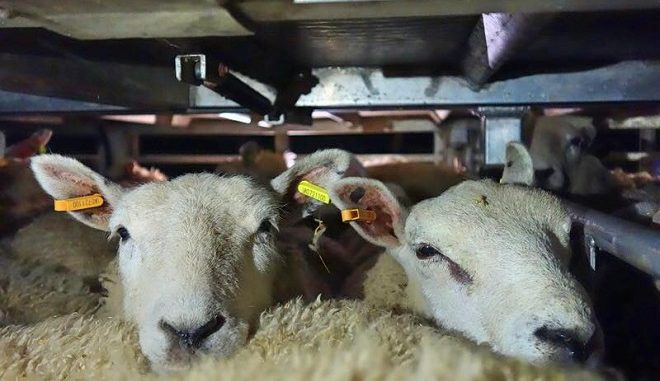
Campaigners against live animal exports will hold a protest in Ramsgate on Thursday (June 18) as the transport of animals through the port resumes.
Two lorries carrying sheep are expected to arrive in Ramsgate at 11am ready to board vessel Joline.
Kent Action Against Live Exports (KAALE) will be there from 10am and the sailing time has been shared across social media. The group has asked everyone who plans to attend to maintain social distance where possible and wear face masks to protect against covid 19.
Protestors will gather at the Royal Harbour Approach roundabout.
The shipments are expected to take place regularly due to the Eid Festival at the end of July.
A KAALE spokesperson said: “The animals are taken on long journeys, often in intolerable heat, to face slaughter or further fattening on a veal farm which is totally unnecessary and cruel.
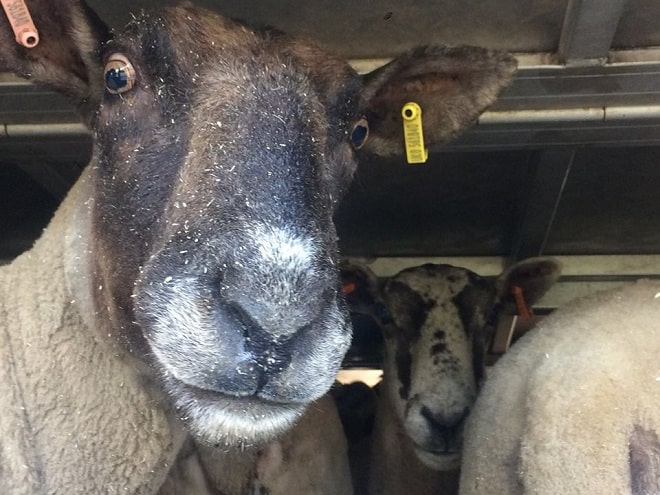
Live export is the commercial transport of live farm animals across national borders. The expansion of the trade has been supported by the introduction of purpose-built ships which carry large numbers of animals. There has been strong criticism of the industry on animal rights grounds.
In 2018 lorries of unweaned Scottish calves also started coming through Ramsgate after P&O Ferries stopped taking the shipments.
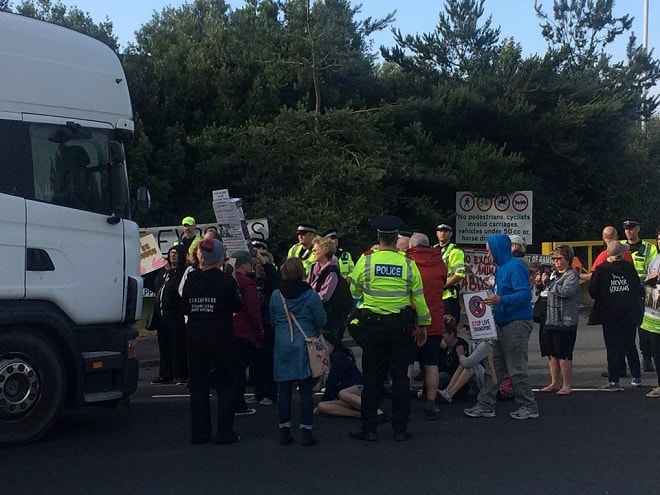
In 2018, Kent Police attended 15 live export protests at Ramsgate Port. In January to August 2019, Kent Police attended 23 protests.
The policing of live export protests at Ramsgate Port is treated as normal business, with no associated costs recorded or attributed.
However, there are some overtime costs that result from attending the protests.
- April 2017 to 31 March 2018 were £5,764.
- April 2018 to 31 March 2019 were £14,215.
- April 2019 to 12 August 2019 were £5,320.
In 2012 the then-ruling Labour group at Thanet council banned exports from Ramsgate after 47 sheep died at the port in September of that year but they were forced to make a U-turn by the High Court.
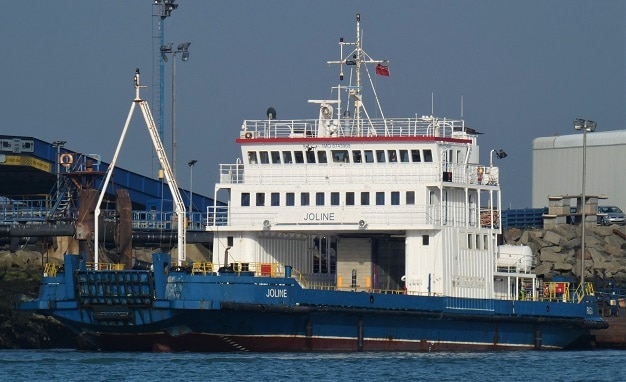
TDC has since paid more than £5.1 million in compensation to individuals and companies involved in the export of live farm animals from the port of Ramsgate for loss of trade.
The claims followed the High Court ruling in December 2013 that TDC’s ban was unlawful and in breach of EU free trade regulations.
Compassion in World Farming is among the organisations campaigning for an end to the live export trade. The organsation says long distance live animal transport frequently results in:
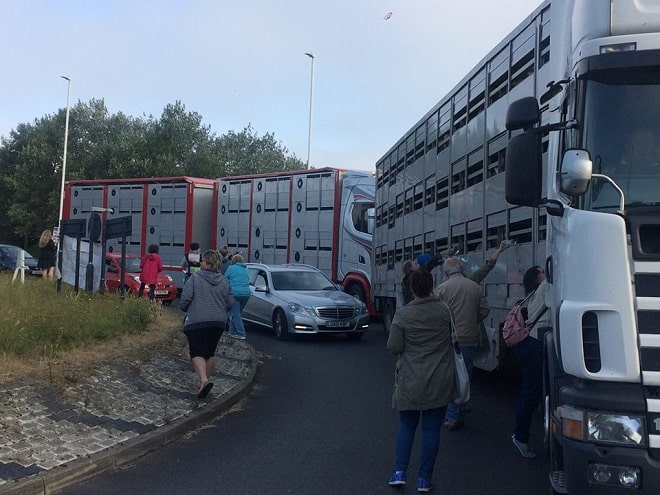
- Overcrowding – Animals are crammed into vehicles. Many are injured or trampled to death.
- Exhaustion and dehydration – They can be in transit for days, suffering extremes of temperature and often without sufficient food, water or rest. Many die as a result.
- Pain and stress – Animals are sentient beings and feel pain and stress just like we do.
- Illness and disease – The spread of diseases across the globe – such as bluetongue virus, foot and mouth disease, avian influenza and swine fever – can be directly attributable to the live transportation of farm animals.
- A lack of legal protection – When animals are exported from Europe to countries outside the EU they leave behind them all the legal protection they once received. This means they can face terrible abuse during transport and at the time of slaughter.
- Unexpected issues – in addition to routine suffering, long distance live transport can also result in fires, delays or sinking of livestock ships causing the suffering and death of large numbers of animals.

